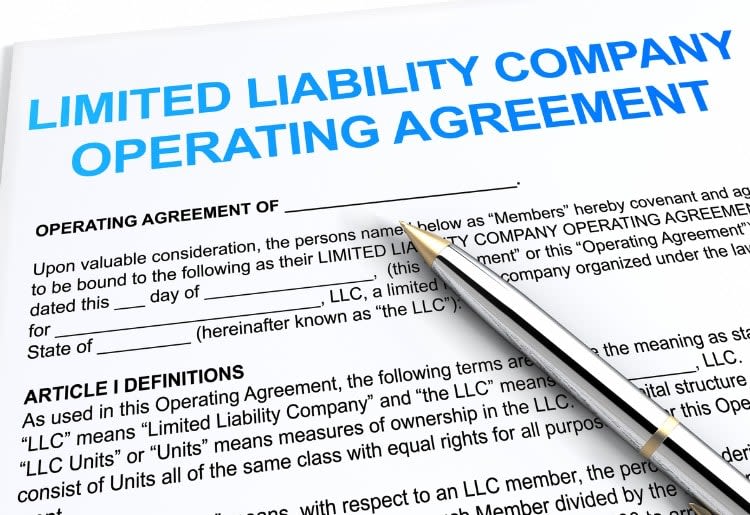If you're interested in starting up a business or non-profit organization, you may have asked yourself at some point, "What is an LLC?"
An LLC, or a Limited Liability Company, is an organization that is essentially a hybrid of a corporation and a partnership or sole proprietorship. LLCs are not taxed the way that corporations are; instead, they are given pass-through tax status, and each member of the LLC is considered to be self-employed and is responsible for their federal income taxes, although some states tax LLCs directly.
What are the Benefits of an LLC?
The reason that many people choose to incorporate as an LLC is because it offers some of the protections of a corporation but offers its members greater flexibility. If an LLC is sued, the members of the LLC have certain protections and their assets are generally exempt. LLCs also have the advantage of offering greater ability to share profits and requiring less record keeping than a corporation.
How to Register an LLC
Although you can do it in person, most people find registering an LLC online to be the easiest way to go. Whatever method you choose, you'll need to:
- Select a name for your LLC
- File articles of organization
- Create an operating agreement (optional)
- Research laws particular to your state
Selecting a name
Your LLC must be identified as such, and most organizations simply include LLC in their operating name. LLC names must also be unique to their state.
Articles of Organization
This document must be filed with your state, and it will contain information about your business, including its name, purpose, location, registered agent, management structure and duration. You can chose to create this document on your own, but there are a number of services online that will do this for you once you provide them with basic information. These services will also usually file the document with your state on your behalf. To learn more, visit ZenBusiness.
Operating Agreements
These documents are not mandatory in most states, but it is a good idea to create one anyway to determine how your business will operate. Topics that are generally covered in operating agreements are how profits and losses are divided, members' voting rights and the process for dissolving the LLC.
Your State's Laws
As well as registering your LLC, you'll also want to look into the laws that your state has in place for these organizations. You may be required to pay additional taxes, filing fees and follow particular regulations depending on the type of organization you have, and it is best to know what you're getting into ahead of time. Along with doing research on state government websites, you can also often find this type of information through the aforementioned online registration services.

